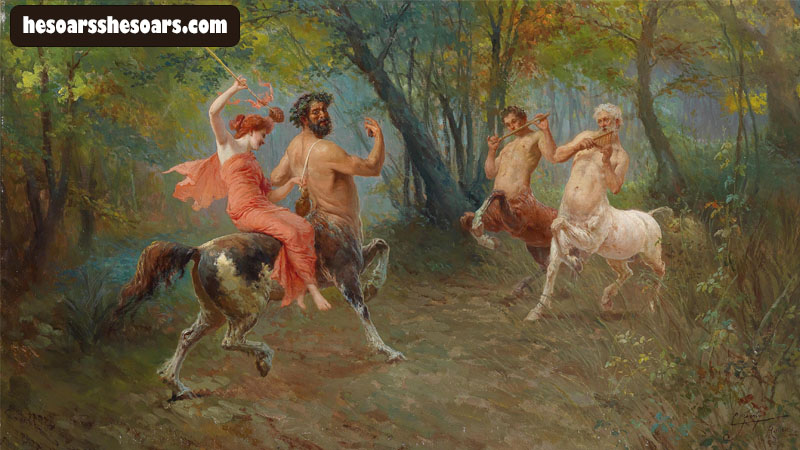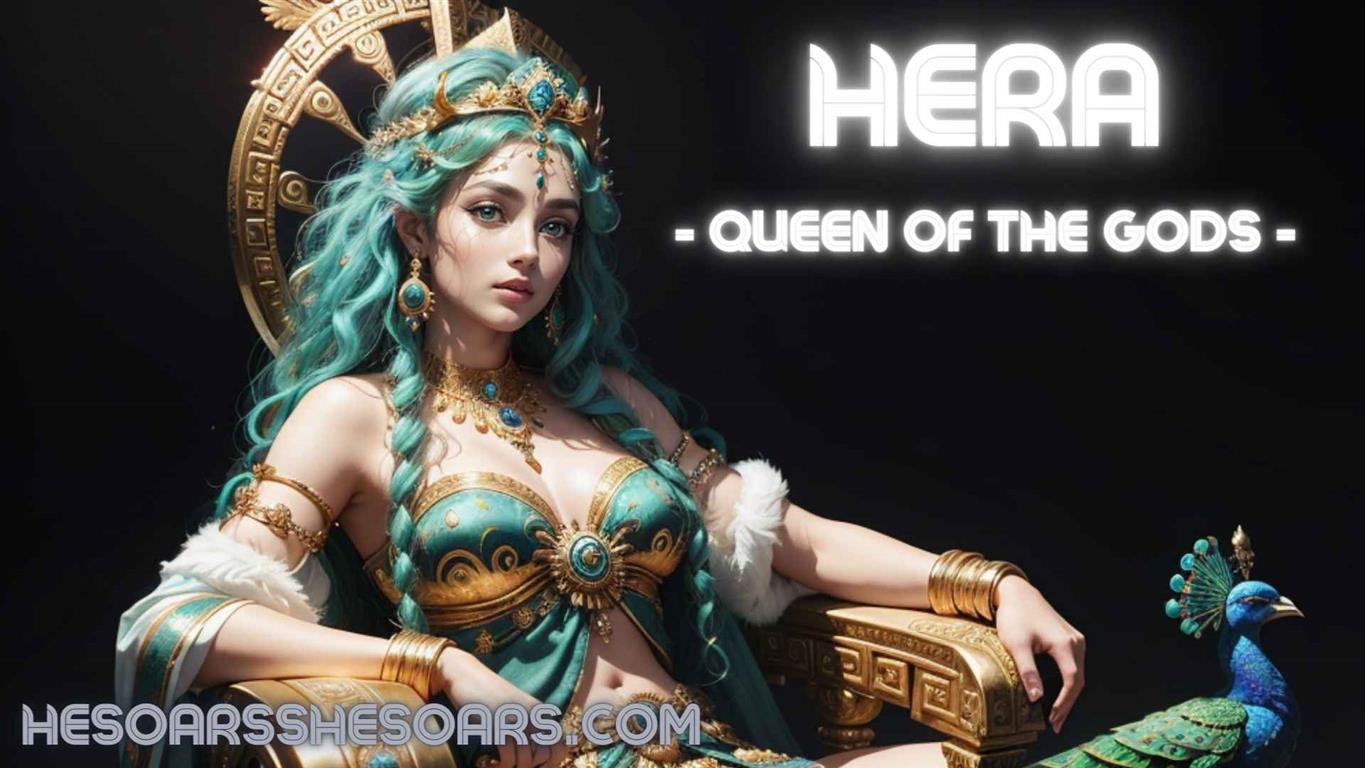Greek mythology, a treasure trove of stories, characters, and lessons, has shaped Western culture for centuries. Among the pantheon of deities and entities, one primordial goddess stands out for her fundamental significance: Gaia. Representing the very Earth itself, Gaia’s influence and narrative are deeply woven into the fabric of Greek myths. This article delves into the significance of Gaia and her pivotal role in Greek mythology.
Who is Gaia?
Gaia, often spelled as “Gaea,” is the personification of Earth in Greek mythology. She is a primordial deity, meaning she existed from the very beginning, even before the well-known gods and goddesses of Mount Olympus. She embodies the nurturing and sustaining aspects of the Earth, making her an omnipresent force in the myths.
Birth of the Universe and Gaia’s Significance
According to the ancient Greeks, in the beginning, there was Chaos, an abyss or void. From this void, the first beings emerged, including her. She was the Earth, the foundation of all life. In the Theogony by Hesiod, a seminal work on Greek myths, she is described as the mother of all, giving birth to the sky, sea, and mountains.
Gaia’s Offsprings
Gaia’s role as a creator and mother is evident in her many offspring. She gave birth to Uranus (the Sky), Pontus (the Sea), and Ourea (the Mountains). Later, she united with Uranus and bore the Titans, Cyclopes, and Hecatoncheires (hundred-handed giants).
Her relationship with her children, especially with Uranus, is central to many mythological tales. For instance, Uranus, fearing the power of his offspring, imprisoned them inside Gaia. Distraught, Gaia crafted a sickle and plotted with her son Cronus to overthrow Uranus, setting the stage for a grand cosmic battle.
Gaia in Greek Cosmogony
Greek cosmogony, or the study of the origin of the universe, places Gaia at the center of creation. She represents stability and grounding. While other gods and goddesses had domains to rule, Gaia was the domain itself. Her essence was in every rock, tree, and mountain.
Cultural Impact and Modern Interpretations
The concept of Gaia has transcended Greek myths, influencing various fields in modern times. The “Gaia Hypothesis,” proposed by James Lovelock in the 1970s, suggests that Earth functions as a single organism, where life interacts with the Earth to form a self-regulating system.
Furthermore, the reverence for Gaia echoes in today’s environmental movements, where the Earth is seen as a nurturing mother that needs protection and care.
Conclusion
Gaia, the primordial goddess of Earth in Greek mythology, holds a pivotal position in the annals of ancient tales. Her story is not just about her offsprings or cosmic battles, but also about the intrinsic connection between life and Earth. Today, as we strive for balance and sustainability, Gaia’s legacy reminds us of our duty to cherish and protect our home planet.




